Brexit: Farmers could be paid to protect the environment
- Published
- comments
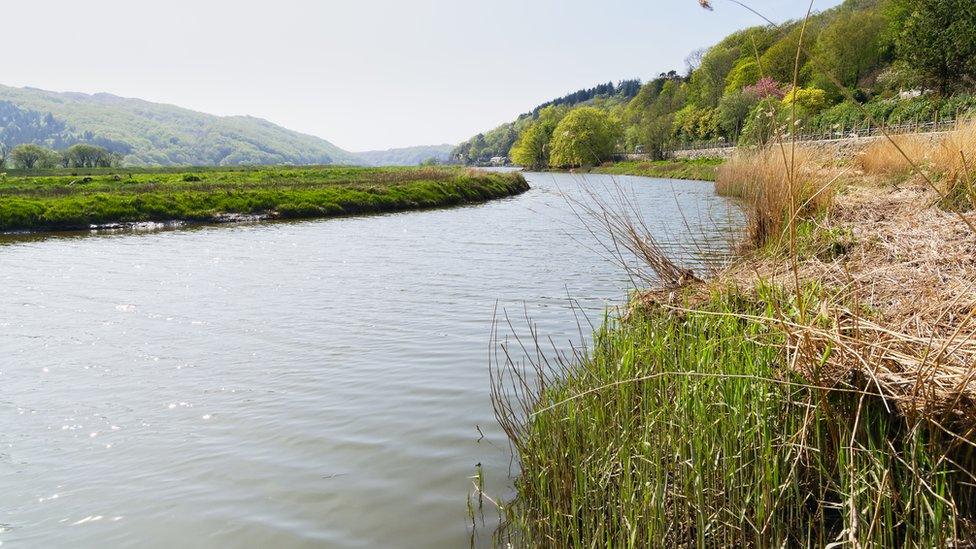
Environmental work could include reducing the risk of flooding by restoring floodplain woodlands
Farmers in Wales would be offered money to carry out work which protects and enhances the environment, under new post-Brexit farming proposals.
Ministers had proposed two grant schemes to replace EU funding, but the latest proposal rolls them into one.
Welsh farmers receive subsidies worth about £300m a year from the EU, making up 80% of their income on average.
However, it is not known how much money will be available to support agriculture after the UK leaves the EU.
The Welsh Government is asking people's views on its new plans after an earlier consultation attracted a record-breaking number of responses.
The Sustainable Farming Scheme will pay for work to cut greenhouse gas emissions, create habitats for wildlife and improve water quality.
Farms will be visited by an adviser who will draw up a contract based on the environmental benefits they agree the farmer is, or could be delivering.
They will be rewarded for new environmental work - like planting new woodlands - but also for maintaining and enhancing what is already there.
Farmers will also be able to access a range of business support, such as help with skills development or loans for new equipment.
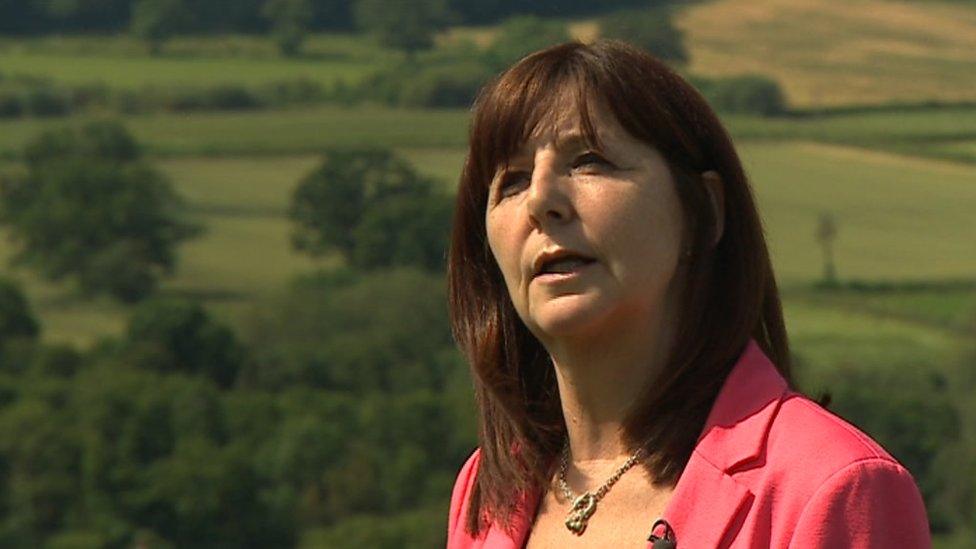
Environment and rural affairs minister Lesley Griffiths says the scheme will help pay farmers while protecting the environment
The scheme will help address challenges in sustainable food production, responding to climate change and increasing biodiversity, according to minister for the environment and rural affairs Lesley Griffiths.
"We believe future farm support should reflect this and reward farmers who take action to meet these challenges," she explained.
Ms Griffiths had initially hoped the new funding scheme would be phased in from 2021.
That aim has been dropped due to ongoing uncertainty around Brexit - which Ms Griffiths described as "incredibly frustrating" - but a multi-year transition is still promised.
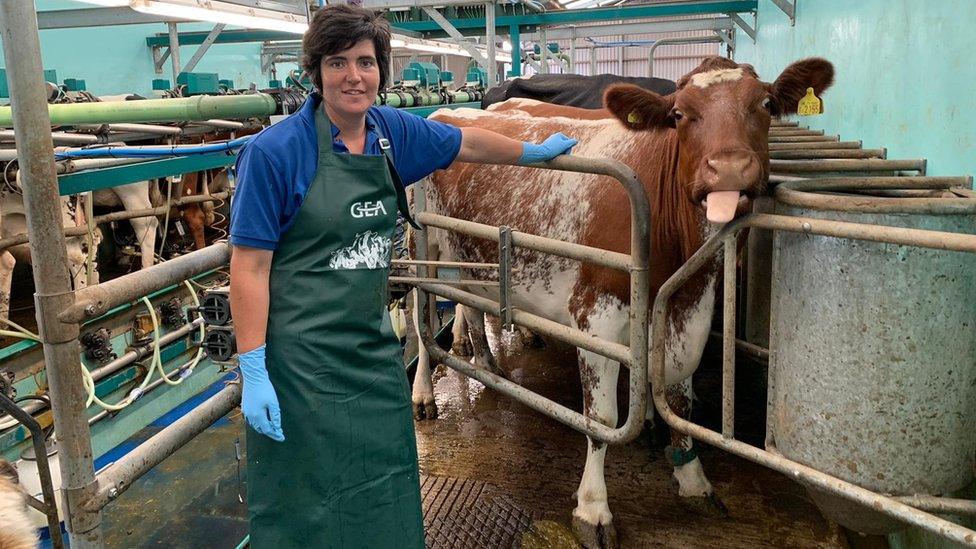
Dairy farmer Abi Reader said uncertainty around Brexit made it difficult to plan for the future
Dairy farmer Abi Reader from Wenvoe, Vale of Glamorgan, said it was "complicated to plan when we don't know what is happening with Brexit".
She said the subsidy was a "safety net" that helped her business to remain viable.
"We have high costs of production here because of things like our welfare standards, our environmental standards - which are world leading - and we need that little bit of protection to make sure that we can continue trading," she told BBC Radio Wales.
Farmers have until 30 October to respond to the latest consultation, and have been offered the chance to "co-design" the final proposals in the autumn.
More than 12,000 responses were received the last time views were sought on farming after Brexit - a record for the rural affairs department.
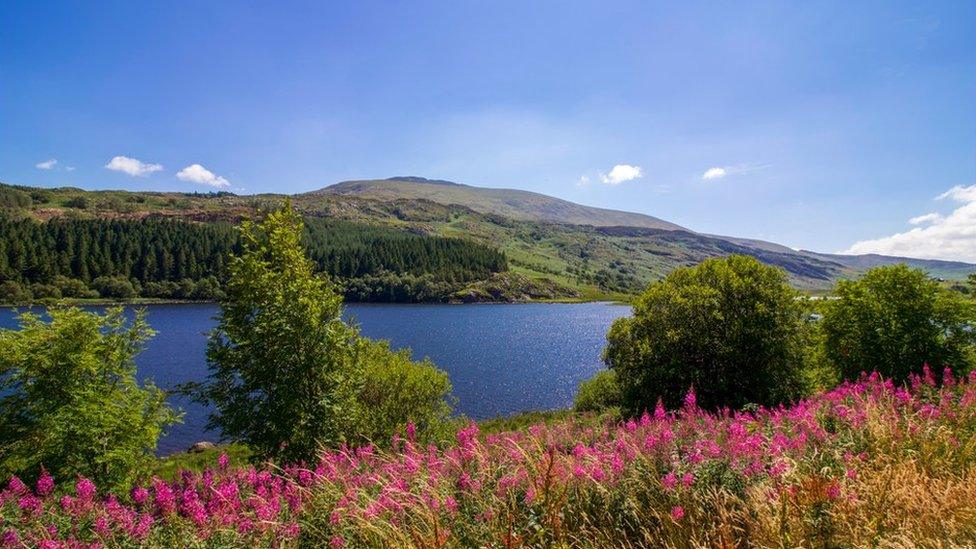
Reversing a decline in biodiversity is one of the three challenges the Welsh Government says it is trying to address
The Farmers' Union of Wales (FUW) warned that removing direct support payments based on how much land is farmed could see Welsh farmers disadvantaged compared with their counterparts in the EU.
"This concern would also relate to competition with farmers in Scotland and Northern Ireland if those countries retain some form of direct support," said Glyn Roberts, FUW president.
Plaid Cymru's rural affairs spokesman Llyr Gruffydd said the Welsh Government had been "stung into a change in tone" after a "hostile reaction" to its earlier consultation.
- Published6 July 2019
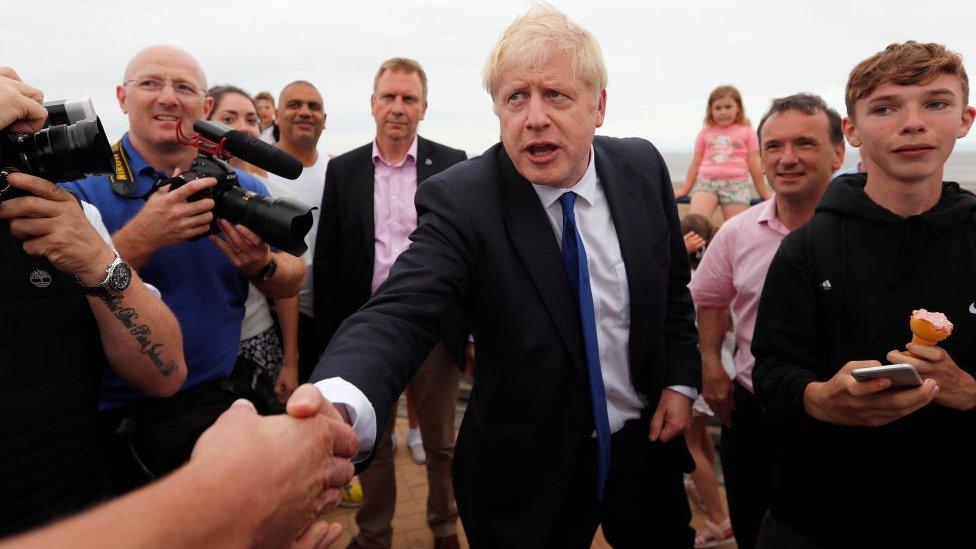
- Published4 June 2019
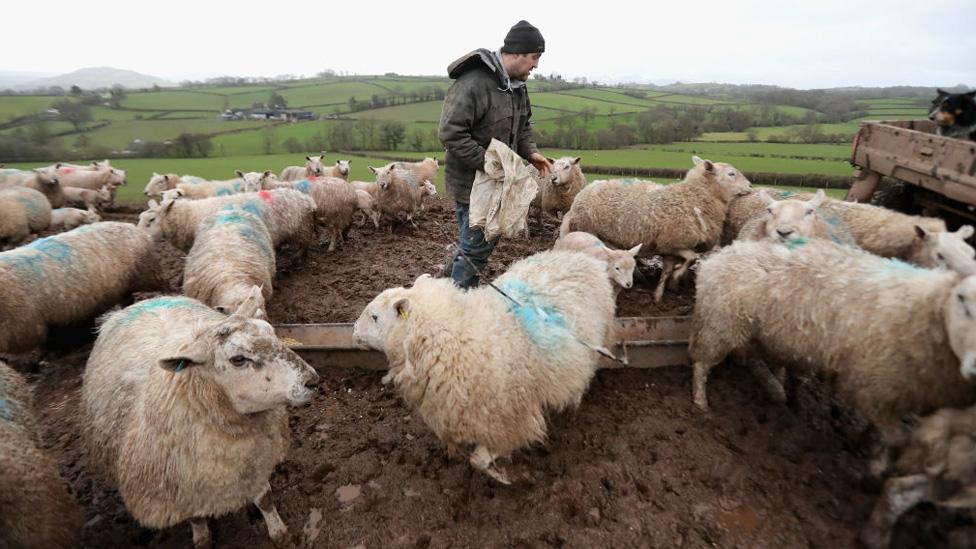
- Published7 November 2018

- Published1 November 2018
